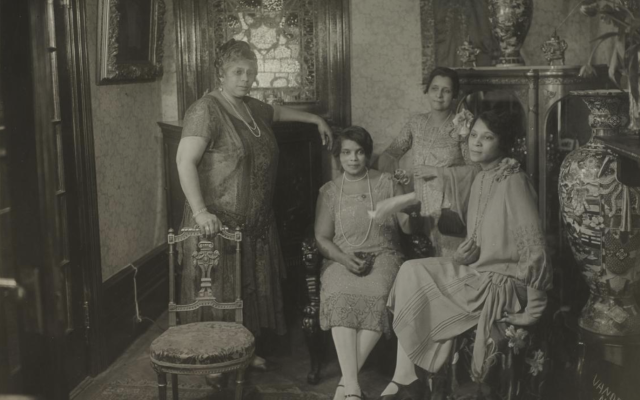
African American women in 1920s-era Harlem actively participated in the kinds of investment and questionable financing schemes that made the twenties roar. They often hoped to combine individual gain and collective uplift in their financial pursuits. The St. Luke Finance Corporation was one such scheme that showed great promise but struggled against structural inequities as well as criticism from some sectors of the Black community.
Watch the discussion on YouTube [00:56:27]
Watch more Keller videos on YouTube
About the Speaker
Shennette Garrett-Scott is committed to recovering and telling little-known stories about African American women’s enterprise, labor, and activism. A historian of gender, race, and capitalism, Garrett-Scott’s work rethinks Black women’s relationships to the U.S. political economy, particularly their quest for economic and social justice. She is an associate professor of history at Texas A&M University, College Station and author of the multiple award-winning Banking on Freedom: Black Women in U.S. Finance Before the New Deal (Columbia University Press, 2019).
This is the third lecture of the 2022-2023 academic year in the Keller Center's ongoing series History and Legacy of Black Entrepreneurship in the United States.
Registrants will receive the link to the event content in an order confirmation email from Eventbrite, and in a reminder email before the event starts.
Who can attend?
Open to the public, the campus community, students, graduate students, undergraduates, postdocs, research scholars, faculty, staff, and alumni.
Contributions to and/or sponsorship of any event does not constitute departmental or institutional endorsement of the specific program, speakers or views presented.